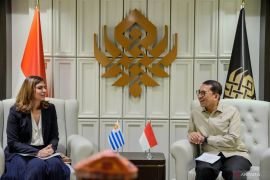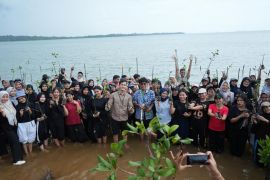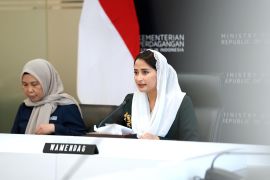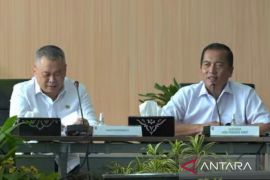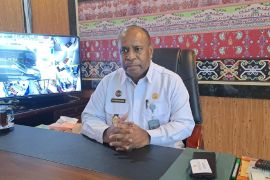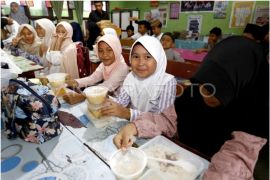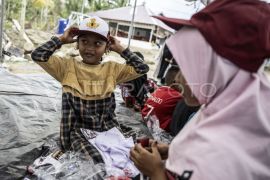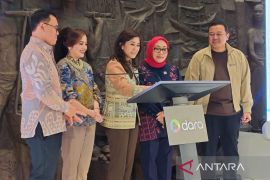MELBOURNE, Australia, March 9, 2011 (ANTARA/PRNewswire-Asia-AsiaNet) --
For parents in Indonesia that have to make international business trips, video communications tools can be an important parenting aid.
According to a new research from Swinburne University of Technology, video communication tools such as Skype may help maintain family relationships with young children when physical presence is not possible.
Easing the anxiety of parents and grandparents who may be separated from younger family members, the new study found that for young children a video connection can provide many of the same benefits as a physical presence.
"We found that children as young as 17 months who were physically separated from a parent gained reassurance from the video presence of that parent," said Joanne Tarasuik, a PhD student conducting the research.
"These findings are promising for maintaining family ties in today's society where family members are often geographically separated.
"During such times of separation, video communication may provide these young children with connection to the parent and help them by psychologically lessening the distance caused by geographical separation."
The study looked at 41 children aged 17 months to five years to explore whether video communication with a parent afforded them a sense of proximity and security.
Each child had a free play session with the parent, followed by two physical separation/reunion episodes. During one of the physical separation episodes, the parent was 'virtually available' to the child via a video link.
The researchers found that children exhibited a similar level of interactivity with their parent by video as they did in person.
"The children left alone played longer in a strange room when their parent was virtually available to them compared to when they were left alone with neither physical nor video contact with their parent," said Tarasuik's supervisor, Dr Jordy Kaufman.
"At the end of the video separation, the younger participants required less physical contact with their parent than they did after the session where they were left entirely alone."
The study Almost Being There: Video Communication with Young Children is published in PLoS ONE, an interactive open-access journal published by the Public Library of Science for the communication of all peer-reviewed scientific and medical research: http://www.plosone.org/article/info%3Adoi/10.1371/journal.pone.0017129
SOURCE Swinburne University of Technology
Reporter: Adityawarman
Editor: PR Wire
Copyright © ANTARA 2011

